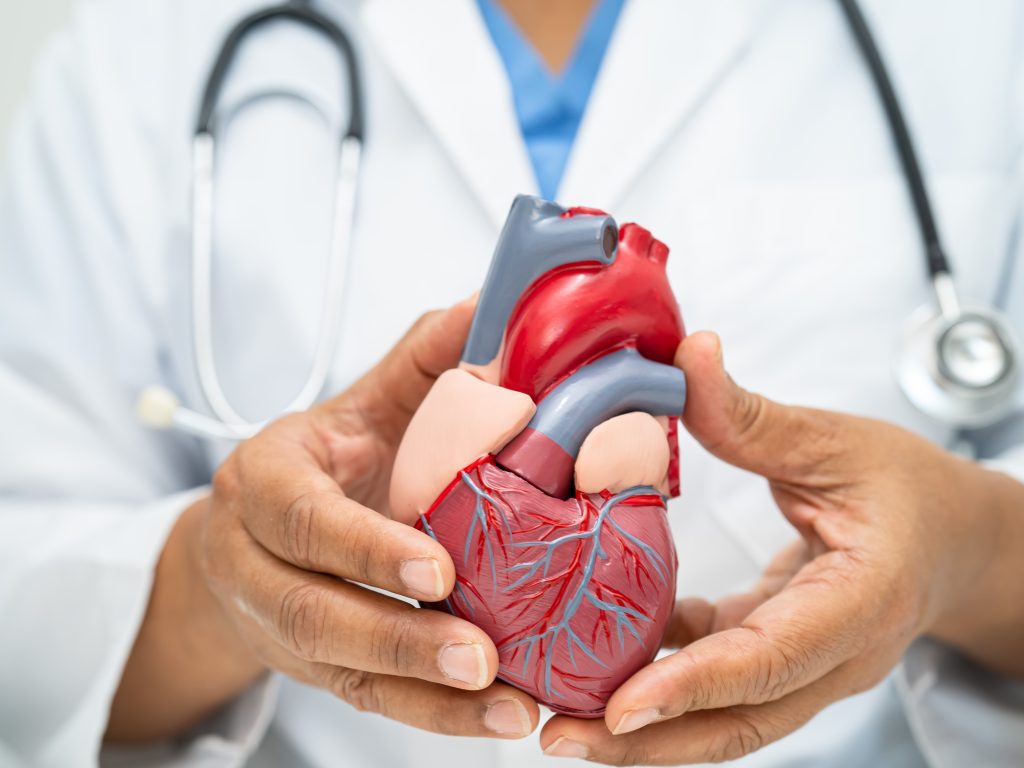- Have any questions?
- (+91) 02792 230240
- info@smcgh.edu.in

Mental Health Challenges AmongSchool Children
August 13, 2024
Unhealthy gut: Signs to watch out for
August 20, 2024If you keep wondering, “Why am I always tired?”, there might be more behind this feeling than you realize. It could be fatigue, defined as an unexplained, overwhelming, and prolonged tiredness that may not always go away with rest. It might be as simple as a lack of motivation or even a strong sleep drive that compromises the ability of the human body to work effectively. Though ‘tiredness’ can be used interchangeably with the word ‘fatigue’, it is important to learn the differences. In the article, read in detail
about the symptoms, reasons, underlying medical conditions, prevention, and treatment of fatigue.

Symptoms
Lack of energy: It means mental or physical exhaustion that prevents a person from moving in any sphere of daily life. It is a limitation in working, being with family or friends, engaging in some particular activity, etc.
Drowsiness: You may struggle to stay up during the day and yawn frequently. Also, your fatigue may persist after you sleep.
Difficulty in thinking: It could be tough for you to pay attention, remember things, or concentrate on tasks and conversations, medically known as brain fog.

Apathy: You become apathetic, losing interest or motivation to do something. It comes with emotional numbness and social withdrawal.
Causes & prevention
Fatigue can be caused by a variety of factors, including poor mental health and work-related concerns. Here are some frequent issues and how to fix them.
| Reason behind fatigue | Prevention technique |
| Lack of sleep: If you’re unable to sleep properly, or have an irregular sleep routine, it can greatly make you fatigued. The next morning, you may feel unrefreshed, wanting to sleep again. Due to this, your body may be unable to repair and rejuvenate itself. | Adults should sleep for seven to eight hours per night. One must prioritise sleep and follow a routine. |
| Nutrition deficiency: Some essential nutrients like Iron, Vitamin B2, Vitamin B3, Vitamin B5, Vitamin B6, and more have been associated with fatigue. | Schedule a health checkup with your doctor. If they detect any deficiency, you’ll be advised to incorporate them into your diet or take supplements, if required. |
| Poor diet: An imbalanced diet and inadequate hydration can impact your energy levels, leading to fatigue. | Never skip breakfast and attempt to incorporate protein and complex carbohydrates throughout each meal. Avoid heavy meals that can make you drowsy. Eat small meals and healthy snacks for sustainable energy. |
| Stress: Stress can cause fatigue by disrupting sleep, weakening the immune system, and draining the mind and body. | Meditation, deep breathing techniques, and yoga can aid in stress reduction. When feeling overwhelmed, take some time off to relax and recharge. |
| Caffeine: Firstly, it causes difficulty in sleeping. Then follows the circle of dependencies on stimulants that slowly drain the body’s natural energy reserves. | Gradually reduce the consumption of coffee, tea, chocolate, and soft drinks. |

Bonus: Exercise regularly, such as walking, jogging, or cycling daily. To avoid feelings of loneliness or isolation, try to keep socially active. This is good for both your mental and physical health, helping you stay more energetic.
What fatigue could indicate
Anaemia: This comes in due to a low count of red blood cells, reducing the amount of oxygen supplied to tissues. Because of this, it boosts the heart to work extra in pumping blood, leaving the person fatigued.
Chronic Fatigue Syndrome: It feels like excessive weariness that doesn’t get away with rest and is often accompanied by other symptoms, such as muscle pain and cognitive problems.
Hypothyroidism: The thyroid is the metabolism-regulating organ; so, any imbalance will affect your energy levels. Hypothyroidism and hyperthyroidism, both endocrine disorders, can make you fatigued.
Depression: Most mental health problems like depression and anxiety give way to disturbed sleep, loss of interest in activities, and irregular eating patterns—issues which bring about growing fatigue.
Diabetes: Unstable sugar levels can affect energy production. Both high and low blood sugar episodes leave you exhausted. Other symptoms you may experience include increased thirst and frequency of urination or unexplained weight loss.
Heart disease: An early indicator of heart disease is fatigue. Due to the reduced oxygen supply, weakened heart muscle, medication side effects and stress, continuous fatigue may persist.

Treatment & takeaway
Fatigue might affect you differently depending on your lifestyle, but it is treatable with proper medical care. To determine the underlying medical condition causing your exhaustion, your doctor could perform tests and recommend a course of action. If specific medications are causing exhaustion, they may adjust the dosage or recommend alternatives. Taking a proactive and informed approach can lead to better
fatigue management and overall health.




